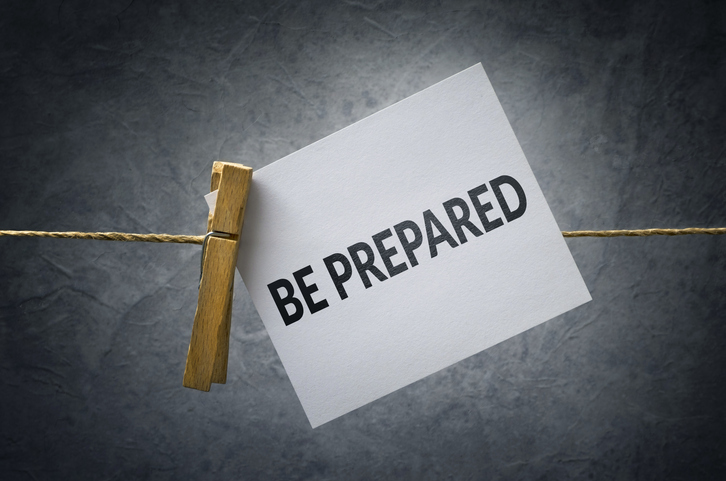As coronavirus continues to spread, businesses across Australia are doing it tough.
Conflicting advice and panic-mongering are taking their toll on embattled employers who want to do the right thing – but don’t know what that is.
Here are seven valuable things that can help your business ride out the COVID-19 crisis.
1. Inform yourself
Access sensible, current advice from trusted sources like the government’s Department of Health and Fair Work Ombudsman websites.
Stay updated as laws and guidelines change, daily and sometimes hourly. This will help you make smart decisions which protect your business as well as your people
2. Consider remote working
Workers across Australia are making the shift from office to home-based work as social distancing restrictions tighten up.
Where possible, allow staff to work from home. This ensures business continuity by maintaining vital operations. It also helps stem the spread of the virus. Draw up a proper work schedule so every employee knows their work hours, tasks and means of communication. Apps like Skype, WhatsApp and Slack are all invaluable collaboration tools for staff working remotely.
3. Cut travel and work meetings
The government has now asked Australians not to travel overseas. Domestic travel restrictions within Australia may soon become the norm.
Now’s the time to postpone travel and change the nature of work meetings. Introduce virtual ‘face to face’ meetings via Skype and WhatsApp, with both apps offering video options.
4. Implement the ‘big three’
The government recommends three main ways to protect people in the workplace.
Good hygiene Practices
- Wash hands regularly with soap and water.
- Back up with alcohol-based hand sanitisers.
- Cover nose and mouth with tissue or elbow when coughing or sneezing.
- Dispose of used tissues straight into the bin.
Self-isolation
As of March 19, 2020, people are required to self-isolate at home for 14 days if they:
- Have COVID-19.
- Have been in close contact with a confirmed case of COVID-19.
- Arrived in Australia after midnight on March 15, 2020.
Social distancing
- Stay at home when sick
- Stop handshakes and any physical greetings.
- Maintain physical space between workers.
- Reduce group and meeting sizes.
- Work remotely where possible.
- Hold essential meetings in the open air.
- Take lunch outside rather than inside.
- Clean and disinfect high-touch surfaces regularly.
- Open windows for more fresh air.
- Limit food handling and preparation in the workplace.
- Observe strict hygiene standards.
5. Sell online where possible
Smart business owners see opportunity in crisis. As people increasingly shun public places and self-isolate at home, you may be able to shift to online selling.
Home deliveries of food and products are in high demand, with deliveries from major supermarkets and popular retailers currently disrupted. Many postal services and couriers are, in fact, experiencing a boom as other businesses fill the gap.
You may be able to supply customers with a variety of home-based products and services to meet this soaring need.
6. Be flexible
As social distancing requirements tighten up, employers should give staff more flexibility over work hours, location and methods.
Be accommodating. Team members may have to carry out childcare duties, if schools close, or make alternative travel arrangements. Have a back-up plan if you are suddenly short of staff.
7. Stay positive
When all else goes wrong . . . be positive. The crisis will end and business will slowly pick up again.
Retain the human touch in times of greatest stress – your staff and customers will reward you for it!



